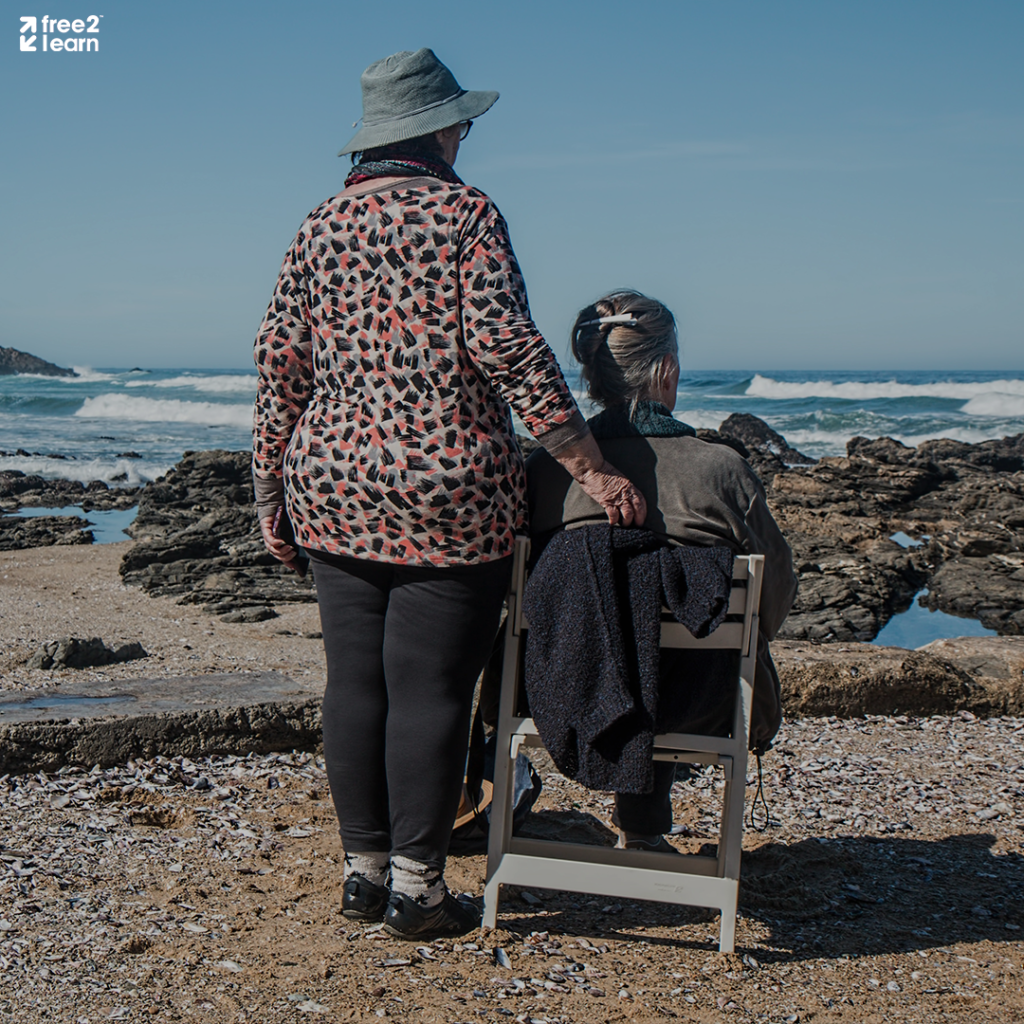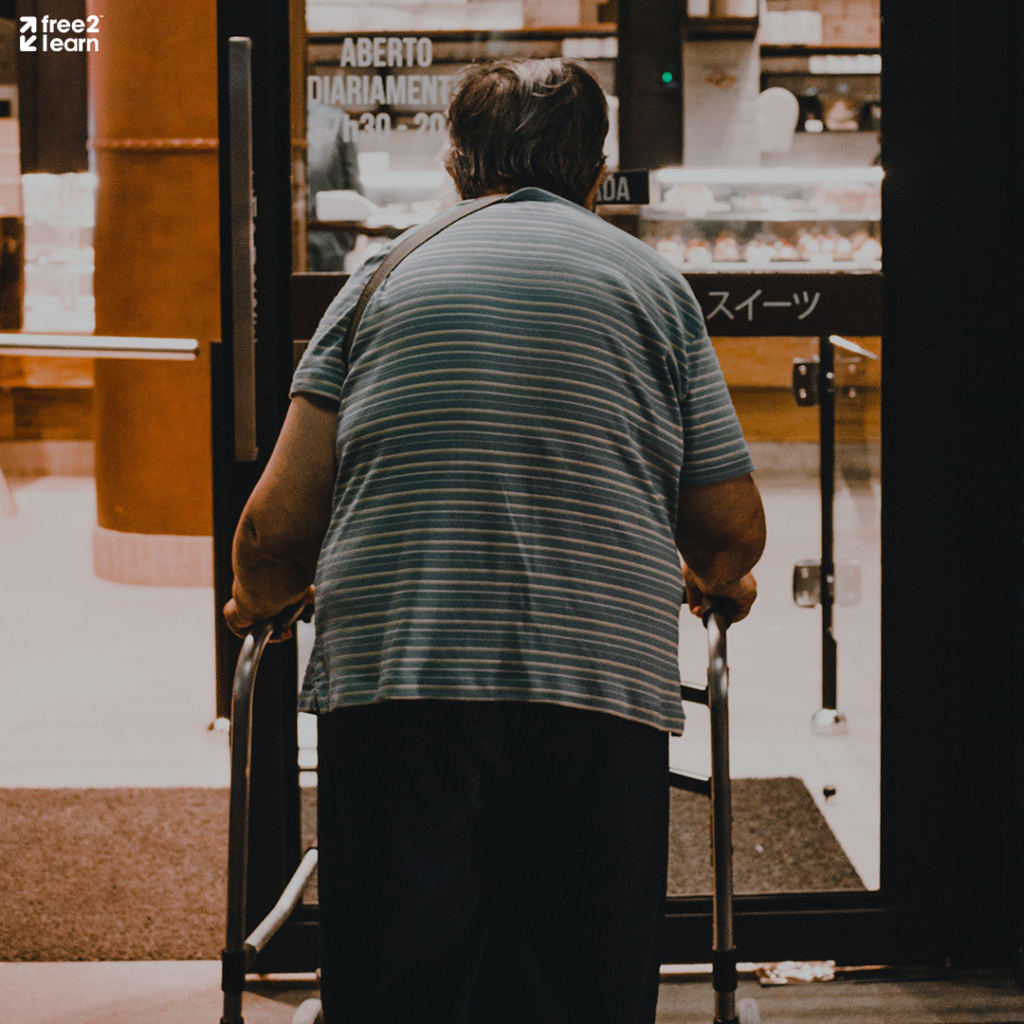How to get financial support when caring for someone with Covid-19
If caring for someone during the pandemic – including children self-isolating from school – prevents you from working, there are government grants available to help
During the pandemic, employers have gotten used to dealing with absent members of staff who are isolating or recovering from Covid-19, and there are usually firm protocols in place. But what if it’s not you who has the virus, but a loved one or dependent? Can you take time off work to help care for them?
This is a real consideration for many people, especially those who have young children, elderly relatives or dependents with disabilities. When school ‘bubbles’ have to isolate or carers can’t attend to Covid-19-positive patients, responsibility often falls on family members. Stepping in to take over care during this time can mean taking time off work.
So what should you say to your employer if you need to take time off to care for someone with Covid-19 or to supervise someone who is self-isolating? And what are your rights during this time?
If your absence from work is likely to be short term, explain what is happening to your boss as soon as possible. Perhaps you can work out a scenario in which you can work from home at times that fit around the care of your dependant.

If this isn’t possible, ask your employer if you can use any holiday allowance you have. If you are a parent, you are also entitled to take 18 weeks’ unpaid parental leave up until your child is 18 years old, so this could be a good time to use some of that allocation.
If it looks like your commitment to help another through Covid-19 could stretch out – if they have complications from long Covid, for example – another option is to see if it is possible to be furloughed. If so, your employer must apply for this status and you will receive 80% of your pay up to £2,500 a month while on furlough.
Alternatively, you can request general unpaid leave, although this is at the discretion of your employer. If you are unsure about how long will be off for, ask for unpaid leave with no fixed end date, which is called ‘indefinite leave’.
If you have no holiday left and can’t afford to take unpaid leave to look after someone recovering from Coronavirus of self-isolating, you could be entitled to benefits. If you or any dependents under the age of 16 have to self-isolate due to a positive result or a ‘ping’ from the NHS app, and you will lose out on pay because of it, you could claim statutory sick pay through your employer for up to 28 weeks.
If this fails, or you need longer than 28 weeks off, you could qualify for an Employment and Support Allowance grant from the government. You can’t get this at the same time as statutory sick pay but you can apply for it three months before your sick pay runs out.
Another option is to apply for a single self-isolation payment of £500 from your local council. This is only available to those on a low income or those who already receive benefits such as Universal Credit, Working Tax Credits or Housing Benefit. The application must be made within 42 days of when you started self-isolating.
The level of benefits depends on where you live. In Wales, for example, carers could be entitled to receive full pay while self-isolating and some councils will consider granting self-isolation payments to those not in the benefits system but who are struggling with living expenses as a result of caring for someone with Covid-19.




